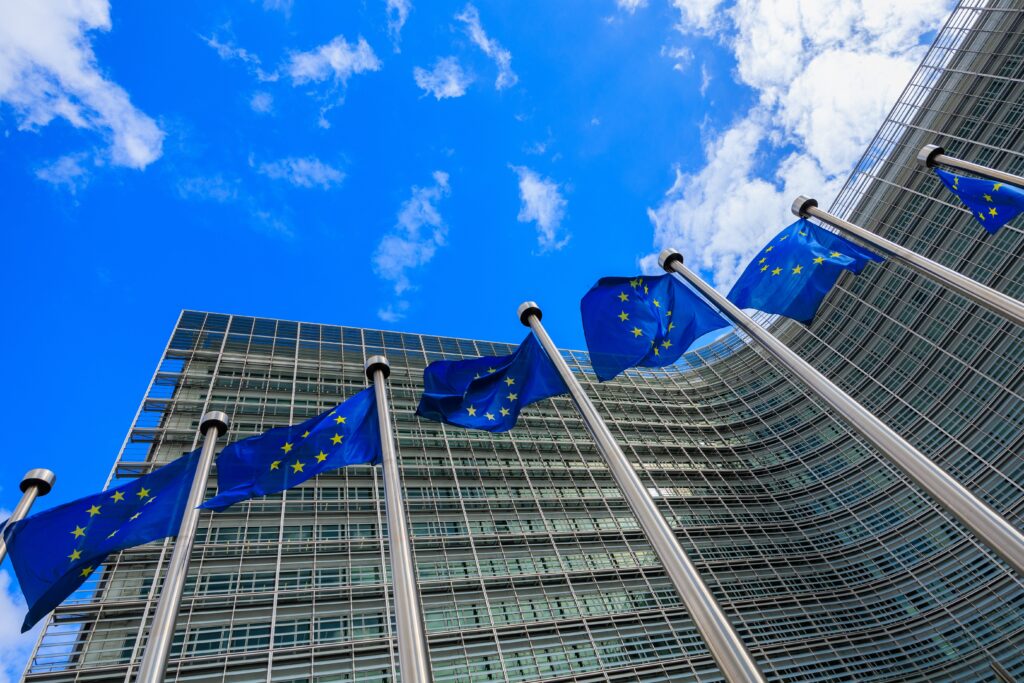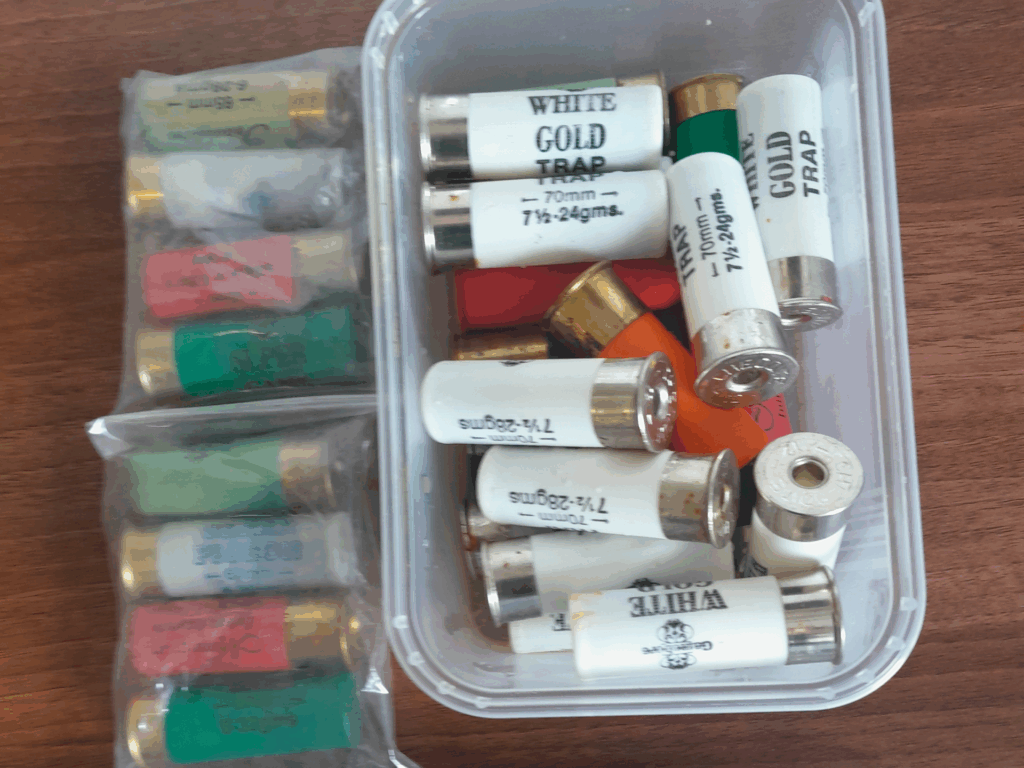The Regulation mandates that all economic operators placing batteries on the market or putting them into service must have their due diligence policies verified by a third party.
It replaces the EU Batteries Directive and, under the Windsor Framework, applies to Northern Ireland.
George Atkinson, director of policy at Valpak by Reconomy, reacted to the ban: “Amid an increasingly uncertain global economic outlook, the proposal to delay certain obligations on producers under the European Batteries Regulation represents a necessary step to mitigate burdens the new laws present for industry.
“Whilst legally separate from European environmental regulations, minister Creagh’s statement is a reminder of the Windsor Framework’s ongoing impact on producer responsibility rules for those supplying into Northern Ireland, and the law of attraction that will exist between UK and EU rules for years to come.”
The proposed delay was submitted by circular economy minister Mary Creagh last week (17 June 2025).
The regulation was originally set to come into effect from 18 August 2025, but the proposal would delay their start to 18 August 2027.
It would also change the date the Commission is to publish guidelines on due diligence requirements from February 2025 to July 2026.
In justifying the proposal, Defra said that many notified bodies haven’t yet been designated due to the absence of an accreditation standard.
Additionally, it warned that industry-wide due diligence schemes are still under development and awaiting recognition.
The extension aims to give firms and regulatory bodies adequate time to prepare, design guidelines and resolve institutional bottlenecks.
Atkinson continued: “With Defra commenting they, alongside DAERA and the NIEA, will engage industry on navigating the Regulation’s obligations ahead of necessary legislative processes in the near future. Valpak looks forward to assisting producers in understanding new guidance and assuring their compliance.”









Subscribe for free